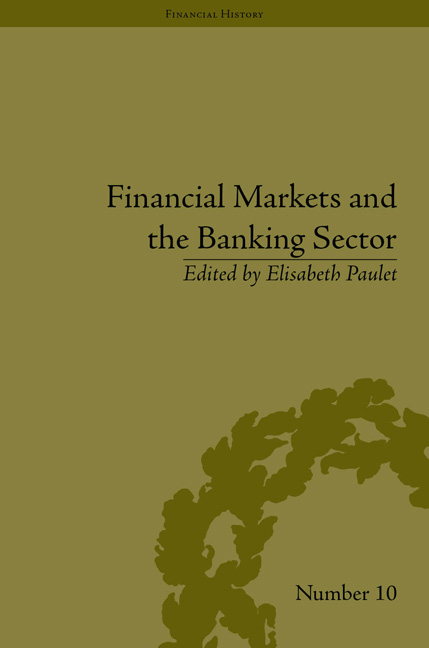Book contents
- Frontmatter
- CONTENTS
- List of Figures and Tables
- Introduction
- I Globalization and Financial Markets: a Dialectic Dynamic
- II Globalization and Banking Institutions: Evolution of Their Role and Institutional Aspects
- 6 European Banking: A Review of Trends and Public Policies for Reassessments of Bank Reform and Development in Brazil and Latin America
- 7 Monetary and Fiscal Policy Conflicts in Central Europe: How Credibly are Macro Policies in the Phase of Preparation for EMU?
- 8 Economic and Ethical Aspects of Discrimination in the Consumer Credit Market
- 9 Beyond Ethics: Alternative Banking in Switzerland
- Conclusion
- Notes
- Works Cited
- Index
9 - Beyond Ethics: Alternative Banking in Switzerland
from II - Globalization and Banking Institutions: Evolution of Their Role and Institutional Aspects
- Frontmatter
- CONTENTS
- List of Figures and Tables
- Introduction
- I Globalization and Financial Markets: a Dialectic Dynamic
- II Globalization and Banking Institutions: Evolution of Their Role and Institutional Aspects
- 6 European Banking: A Review of Trends and Public Policies for Reassessments of Bank Reform and Development in Brazil and Latin America
- 7 Monetary and Fiscal Policy Conflicts in Central Europe: How Credibly are Macro Policies in the Phase of Preparation for EMU?
- 8 Economic and Ethical Aspects of Discrimination in the Consumer Credit Market
- 9 Beyond Ethics: Alternative Banking in Switzerland
- Conclusion
- Notes
- Works Cited
- Index
Summary
‘Ethics’ has recently become a buzzword. One can no longer escape the ethical dimension in all domains: the action of politicians, the work of scientists, the impact of firms, even banks and financial institutions in general, are now fully concerned with the ethical impact of their transactions. The actual subprime crisis has even strengthened the obligation to moralize the international financial system. All over the world, banks have faced liquidity or solvency problems. Surprisingly, during the same period, ethical banks have faced this tumultuous episode relatively quietly, gaining clients from classical banking institutions. How can we characterize them? Among other factors, their use of financial markets is extremely reduced. Hence, in a context where investors’ main preoccupation is to secure their savings, these ethical banks are actually capturing the clientele of commercial banks.
What are then the reactions of these traditional banks? In line with the fashionable perspective of sustainable development, and under the societal pressure, they all claim to integrate ethics within the financial sphere. Most banks, for instance, have developed new products and are now able to offer to their clients the possibility of investing in a wide range of ‘ethical funds’. Likewise, most banks have special credit lines especially devoted to environmental or social issues. Some banks have even adopted, on the basis of voluntary commitment, the ‘Equator’ principles. In so doing, banks are engaged proactively with the stakeholders in assessing and managing the social and environmental impact of the projects they finance. And yet one can still wonder to what extent all these new policies and commitments to sustainability are strong enough for apprehending banks as ethical institutions. For instance, is a bank like HSBC ‘ethical’ in the same way as Triodos Bank? Surely not, and in order to illustrate the difference the present chapter will begin by characterizing the distinct nature of the so-called ‘ethical banks’, when compared with traditional banks. But one cannot say either that all ethical banks are the same.
- Type
- Chapter
- Information
- Financial Markets and the Banking SectorRoles and Responsibilities in a Global World, pp. 177 - 196Publisher: Pickering & ChattoFirst published in: 2014



